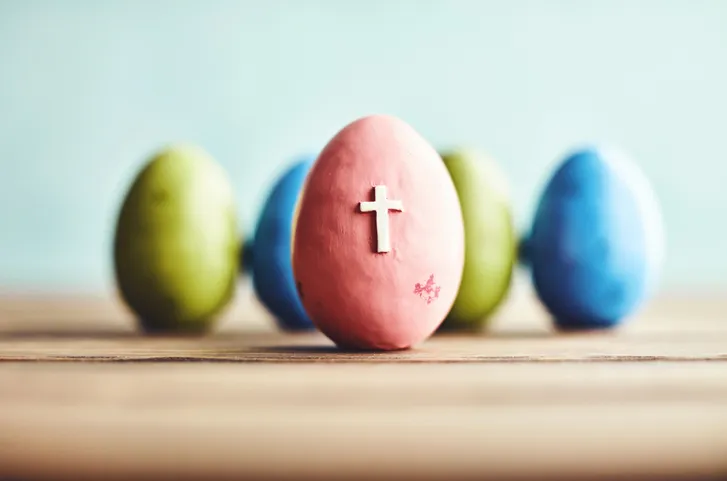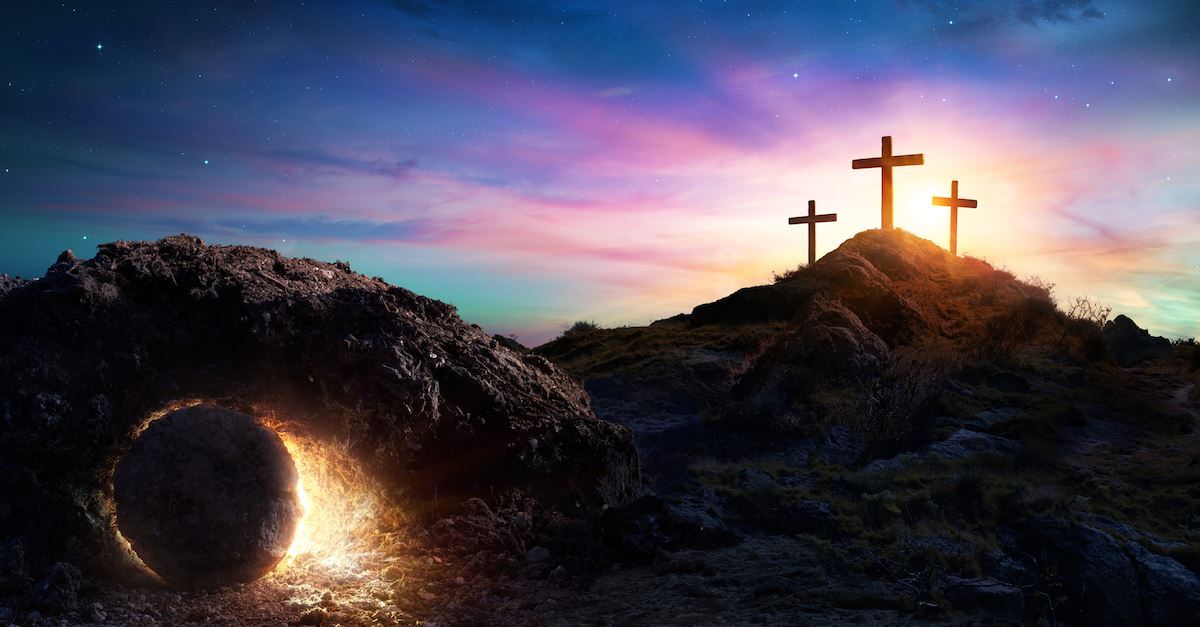Easter, one of the most important holidays in Christianity, is celebrated around the world, marking the resurrection of Jesus Christ from the dead, as described in the New Testament of the Bible. For millions of people, Easter is a time of profound spiritual reflection, joyous celebration, and a symbol of renewal and hope. The holiday’s roots are deeply embedded in religious tradition, but over time, it has also grown into a broader cultural celebration that includes festive gatherings, egg hunts, and family-oriented activities. In this blog, we’ll explore the history of Easter, its religious significance, the way it’s celebrated, and its importance in the lives of Christians and others.
The Religious Significance of Easter
Easter holds immense importance within Christianity. According to Christian belief, Easter commemorates the resurrection of Jesus Christ, which is seen as the foundation of the Christian faith. Christians believe that Jesus, who was crucified on Good Friday, rose from the dead on the third day, which is celebrated as Easter Sunday. This event is said to symbolize Jesus’ victory over sin and death, offering the promise of eternal life to those who believe in Him.
The resurrection of Christ is not only central to Christian theology but also represents the ultimate triumph of good over evil. Easter marks the culmination of the Passion of Jesus, which begins with His entry into Jerusalem on Palm Sunday, followed by the Last Supper, His betrayal, crucifixion, and ultimately, His resurrection. The resurrection story affirms the hope of rebirth and spiritual renewal. For Christians, Easter is a celebration of the victory of life over death and a reminder that faith can bring about transformation and redemption.

The Symbolism of Easter
In addition to its theological significance, Easter is rich with symbolism. The most iconic symbols associated with the holiday are the Easter egg and the Easter bunny. These symbols, while not directly tied to the religious narrative, have roots in ancient traditions that are linked to fertility, renewal, and rebirth.
The Easter egg is an ancient symbol of new life, representing the stone that was rolled away from Jesus’ tomb, revealing His resurrection. Eggs, often seen as a symbol of fertility and rebirth, have been used in various cultures for centuries to celebrate the arrival of spring. The tradition of decorating eggs, especially in vibrant colors, has become a beloved Easter custom across the world. In many cultures, Easter egg hunts are a popular activity, with children searching for hidden eggs as part of the holiday festivities.
The Easter bunny, a symbol that originated in pagan traditions, is also associated with fertility and renewal. The rabbit, known for its ability to reproduce rapidly, was seen as a symbol of life and new beginnings. Over time, the Easter bunny became a beloved figure, especially in Western cultures, where it is said to deliver Easter eggs to children on Easter Sunday. While the Easter bunny is not religious in origin, it has become an integral part of the modern celebration of Easter.
Easter Around the World
Easter is celebrated in various ways across different cultures and countries, reflecting the diversity of Christian traditions. The core message of resurrection and renewal remains the same, but the customs and rituals vary.
In many European countries, Easter is marked by solemn religious observances, including church services, processions, and feasts. For example, in Italy, Easter is a major event, and the Pope leads the faithful in a special Mass at St. Peter’s Basilica in Vatican City. In Spain, the Semana Santa (Holy Week) processions are a long-standing tradition, with elaborate parades featuring religious statues and fervent displays of devotion.

In the United States, Easter is often celebrated with family gatherings, egg hunts, and festive meals. Many families attend church services, followed by a meal that includes dishes like ham, lamb, or eggs. The Easter egg hunt, a particularly popular tradition among children, sees kids searching for hidden plastic or chocolate eggs, often filled with small treats or candies.
In countries with Orthodox Christian traditions, such as Greece and Russia, Easter is a major religious holiday with unique customs. In Greece, the celebration begins with a midnight church service, followed by a feast that includes lamb, Easter bread, and red-dyed eggs. In Russia, the Orthodox Easter service is followed by the exchange of traditional Paschal greetings, such as “Christ is Risen!” and “Truly He is Risen!”
Easter’s Message of Hope and Renewal
At its core, Easter is a holiday that offers a message of hope. The resurrection of Jesus symbolizes not only the triumph of life over death but also the possibility of new beginnings. For Christians, Easter is a time to reflect on the power of faith, the promise of eternal life, and the redemption that comes from embracing the teachings of Christ. The joy of Easter is rooted in the belief that through Jesus’ sacrifice and resurrection, humanity has the opportunity to experience spiritual renewal and the forgiveness of sins.
Easter also carries a broader message of renewal and transformation that resonates with people of all backgrounds, regardless of religious affiliation. The arrival of spring, with its blooming flowers and warmer weather, serves as a metaphor for personal growth, fresh starts, and overcoming challenges. Easter reminds us that, no matter the difficulties we face, there is always the potential for renewal and hope.
Conclusion
Easter is a holiday that transcends religious boundaries, offering a universal message of renewal, hope, and transformation. Whether celebrated as a religious observance or as a cultural event with family and friends, Easter is a time to reflect on life’s possibilities and the promise of a brighter future. It reminds us of the power of belief, the importance of love and forgiveness, and the beauty of new beginnings. Whether through attending church, participating in an Easter egg hunt, or simply enjoying the season of spring, Easter is a time to celebrate life in all its forms and to cherish the moments that bring us closer to those we love.
